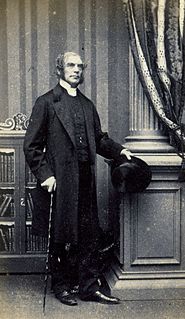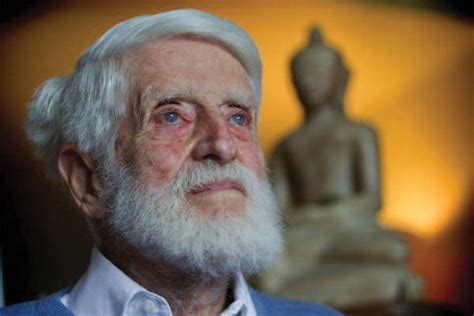A Quote by Soren Kierkegaard
Christianity does not oppose debauchery and uncontrollable passions and the like as much as it opposes... flat mediocrity, this nauseating atmosphere, this homey, civil togetherness, where admittedly great crimes, wild excesses, and powerful aberrations cannot easily occur - but where God's unconditional demand has even greater difficulty in accomplishing what it requires: the majestic obedience of submission.
Related Quotes
Men who scorn the idea of submission to the divine Will and are outraged by the notion of a God who requires submission are among the first to demand total submission to the process in which we are involved and seem to attach a kind of moral imperative to willing participation in it. Any other attitude, so they say, is reactionary or escapist or anti-social. Perhaps, after all, they have found a divinity to worship; and, if they have, the only charitable comment must be: God help them!
God cannot suffer - at least not as we do. It has some roots in Greek philosophy: if God is a perfect being, suffering would reduce that perfection, so God cannot suffer. More thoughtful theologians take the phrase in the sense of one of the confessions of faith that talks of God as being "without parts or passions" - he is not physical as we are, and not subject to "passions" in the sense of uncontrollable emotions that can take charge of us at times. God is not "emotional," if that word is used as some kind of weakness.
We have to keep our God placated with prayer, and even then we are never sure of him-how much higher and finer is the Indian's God...Our illogical God is all-powerful in name, but impotent in fact; the Great Spirit is not all-powerful, but does the very best he can for his injun and does it free of charge
Your Saying "God is Most Great" does not mean that He is greater than something else, since there is nothing else alongside of Him, so that it could be said that He is greater than it. Rather, the meaning of Allahu Akbar is that He is much too great to be perceived by the senses or for the depths of His Majesty to be reached by reason and logic, and indeed, that He is much too great to be known by an other-than-Him for truly, no one knows God but God.
The great brainwave of the inventors of Christianity: "God is love!" And then? What does it change? You may always preach a god of love to men, they will make use of him to sanctify their villainies and their crimes "for the good fight" as well as the massacres en masse, blessing priests leading the way.
The first law that ever God gave to man was a law of pure obedience; it was a commandment naked and simple, wherein man had nothing to inquire after, or to dispute, forasmuch as to obey is the proper office of a rational soul, acknowledging a heavenly superior and benefactor. From obedience and submission spring all other virtues, as all sin does from self-opinion.
You are not called to believe in your love to God, but in God's love to you! Do not argue, 'I cannot love God! I have striven to my uttermost to do so, but have failed in all my endeavors, until in despair I have abandoned the thought and relinquished the attempt.' Be it so- no effort of your own can strike a spark of love to God from your heart. Nor does God demand the task at your hands. All that He requires of you is faith in His love, as embodied and expressed in Jesus Christ to poor sinners.







































